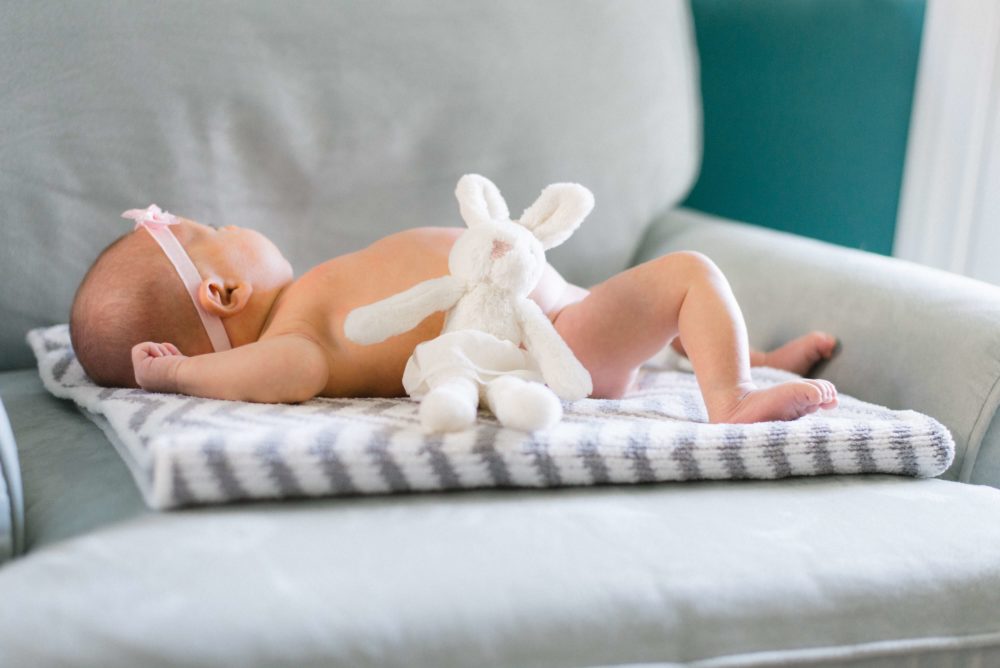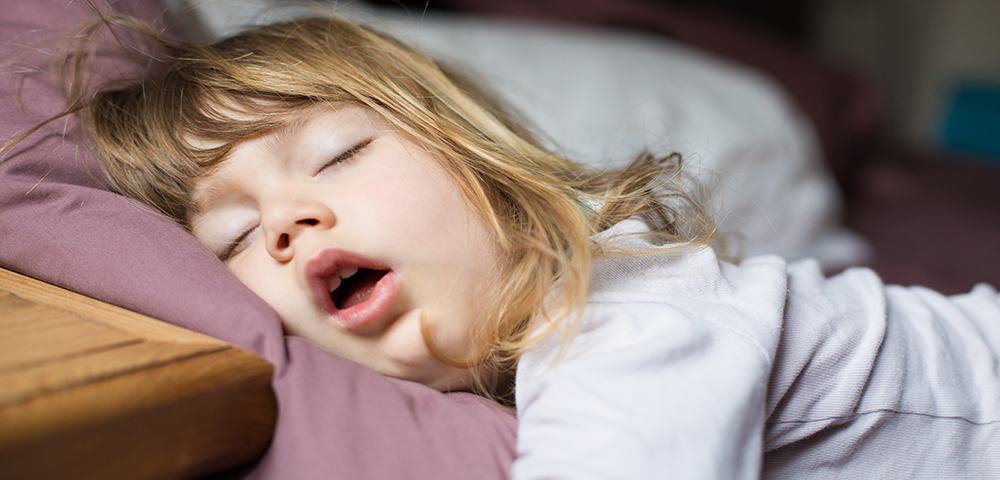Children need sleep, but they often fight bedtime.
Parents are exhausted, worried, and confused. What are normal sleep habits for newborns, infants, toddlers, preschoolers, school-age children, and teens? What is keeping their children awake at night? What is the best way to teach healthy sleep habits? With nearly 70% of children under 10 years of age suffering some form of sleep disorder, how do parents know if their child has a serious health problem? Here’s the place to find some answers.
Children & Sleep: Getting Your Baby to Sleep Like a Baby
You’ve tried lullabies, rocking chairs, late night drives around the neighborhood and your baby still doesn’t sleep. At 3 a.m., your infant starts crying and won’t go back to sleep unless you bring him into bed with you. Your toddler gets up at 2 a.m. and turns on the TV — loud! Homework keeps your fifth grader awake past 10 p.m. And your teens are up until midnight and then sleeping through 8 AM algebra class.
One Sleepless Child, One Tired Family
When a child has sleep problems, parents—and even siblings —also suffer, both from sleep deprivation and worry. Children can suffer from the same sleep disorders as adults. Snoring, sleep apnea, restless leg syndrome and other sleep disruptions in children have been linked to extreme moodiness, accidents, behavioral problems, learning disabilities, and even Attention Deficit Hyperactivity Disorder (ADHD).

What’s Keeping Your Child Awake At Night?
Newborns (1-2 months):
Babies are not born with a pre-set sleep-wake cycle — their tummies organize their schedules. Newborns sleep 10½ to 18 hours a day, usually one to three hours at a time and waking when they’re hungry.
Infants (3-11 months):
According to the National Sleep Foundation, "Circadian rhythms begin to develop at about six weeks, and by three to six months, most infants have a regular sleep-wake cycle." Infants sleep 9-12 hours, including one to four naps.
Toddlers (1-3 years):
Toddlers have figured out that things happen at night, and they don’t want to miss out. They’re also mobile and can climb out of bed. They want their independence, but they also want to be with their parents. So it’s tough to get toddlers to sleep the 12-14 hours — including one good nap — that they need every day.
Preschoolers (3-5 years):
Good-bye afternoon naps! Most five-year-olds are up all day and sleep 11-13 hours a night. Active imaginations can trigger more nightmares and fears about sleep. And of course, TV and playtime are much more appealing than going to bed.
School-aged Children (5-12 years):
Serious sleep problems can begin here. School kids are busy and barely have 10-11 hours for sleep. Computers, TV, and videogames— particularly those with violent content— are sleep distractions. Junk food, caffeine, and stress can also keep school-aged children up at night.
Teens (13+):
More work, more play, and more socializing combine with stress and biology to make it difficult for teens to get 8½ to 9¼ hours of sleep. "Circadian Rhythms change in adolescence," says Jodi Mindell, Associate Director of the Sleep Disorders Center of Philadelphia. "Teens' brains and bodies are geared to stay up later at night and sleep later in the day."
What Can Concerned (And Sleep-Deprived) Parents Do?
Know your child and the guidelines for how much sleep they need at every age. Trust your judgment about what’s healthy for your child. Most importantly, help your children to establish good sleep habits early in life. Sure, you’ll struggle through the first few weeks with your newborn. But at 3-11 months, infants know the difference between day and night and are on a sleep cycle similar to their older siblings and parents. They are also ready to learn to go to bed and to sleep through the night. Remember, however, that helping your infant to do this will take time.

What's The Right Approach To Sleep Training?
This depends on your baby and your lifestyle. Some experts say it’s good to comfort your child to get them back to sleep and to even bring the baby into the family bed if it means you will all get back to sleep. On the other hand, there’s the "self-soother" theory. You may have heard of Richard Ferber, director of the Center for Pediatric Sleep Disorders at Children’s Hospital in Boston and author of Solve Your Child’s Sleep Problems. His approach, dubbed "Ferberization," is rooted in the American Academy of Pediatrics’ theory that babies sleep best when they soothe themselves to sleep. Ferber suggests a loving bedtime routine, putting the baby to sleep awake and waiting before responding when the baby wakes up crying.
Rock-A-Bye Your Infant
Develop a bedtime routine:
The best nightly routines — bathing, feeding, calming and bonding — according to Laura Davis and Janis Keyser, authors of Becoming The Parent You Want To Be, are enjoyable for parent and child and should be consistent every night. Pediatrician Harvey Karp, the author of The Happiest Baby, recommends the "Five S's — swaddle, shush, swing, suck (a pacifier) and hold your baby turned on his or her side or stomach." All the experts agree on one thing: to learn to soothe themselves to sleep, infants should be put to bed when they’re drowsy, but not asleep.
Create a safe, sleep-friendly environment:
Keep the bedroom cozy, but not overheated, quiet and dark. Choose a crib with a good safety rating and a firm Crib mattress. Take precautions to reduce the risk of Sudden Infant Death Syndrome (SIDS) by putting infants to sleep on their backs. Sleepworks recommends an Organic or Natural Crib Mattress to reduce the risk of chemicals that are used in traditional Crib mattresses.
Encourage sleep:
If your infant wakes up at night, have a consistent response. If you pick up or feed your baby, always do it in the darkened bedroom. Your infant will respond to changes in light and needs to know that nighttime is bedtime. You also need to decide if you will bring your baby into your bed, and stick to that decision.
Know when it’s time to call the doctor:
The National Sleep Foundation suggests that it’s time to call your pediatrician if your baby is consistently fussy, having breathing problems, snores loudly or if you see behavioral problems during the day.
Recommended Books:
- Healthy Sleep Habits, Happy Child by Marc Weissbluth
- Sleeping Through the Night by Jodi A. Mindell
- The Happiest Baby by Dr. Harvey Karp
- Guide Your Child’s Sleep by American Academy of Pediatrics
- Solve Your Child’s Sleep Problem by Richard Ferber







